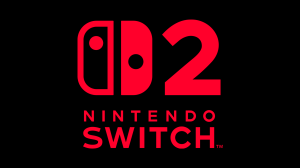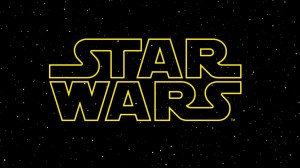Alfonso Cuarón, who directed Harry Potter and the Prisoner of Azkaban, became an immediate fan-favorite after the well-received third installment in the franchise blew everyone away. When Warner Bros. first came to him, though, the filmmaker admits he didn’t really know anything about the franchise, and really only took the job after his fellow genre filmmaker Guillermo del Toro put pressure on him, calling him “an arrogant asshole” when Cuarón dismissed the idea of working on the Wizarding World franchise. That kind of tracks, when you consider that del Toro is one of the most vocal fanboys in all of filmmaking, and forever talking about his love for all things geek.
Videos by ComicBook.com
The interview came out as part of the latest issue of Total Film, which is doing a decent amount of looking back to the past, with Twisters as the cover feature. In it, they speak with a number of the people involved with the making of The Prisoner of Azkaban, which hit theaters on June 4, 2004.
“I speak often with Guillermo [del Toro], and a couple of days after, I said, ‘You know, they offered me this Harry Potter film, but it’s really weird they offer me this,’” Cuarón told Total Film. “He said, ‘Wait, wait, wait, you said you haven’t read Harry Potter?’ I said, ‘I don’t think it’s for me.’ In very florid lexicon, in Spanish, he said, ‘You are an arrogant asshole.’”
In the years since, Cuarón has written and produced a mix of awards-bait movies and tentpoles, with some of his best managing to get both critical and audience praise. Most notable are Gravity, Roma, and Children of Men.
David Heyman, a producer on all eight of Warner Bros.’ Harry Potter films, was the one who first brought up the idea of approaching Cuarón.
“I’d seen Y tu Mamá También, which I loved, and I oddly thought he’d be the perfect director for the third Potter,” Heyman told the magazine. “That’s not what some might think. Can you imagine what some thought Harry, Ron and Hermione would get up to, having seen Y tu Mamá También?…Y tu Mamá was about the last moments of being a teenager, and Azkaban was about the first moments of being a teenager. I felt he could make the show feel, in a way, more contemporary. And just bring his cinematic wizardry.”








